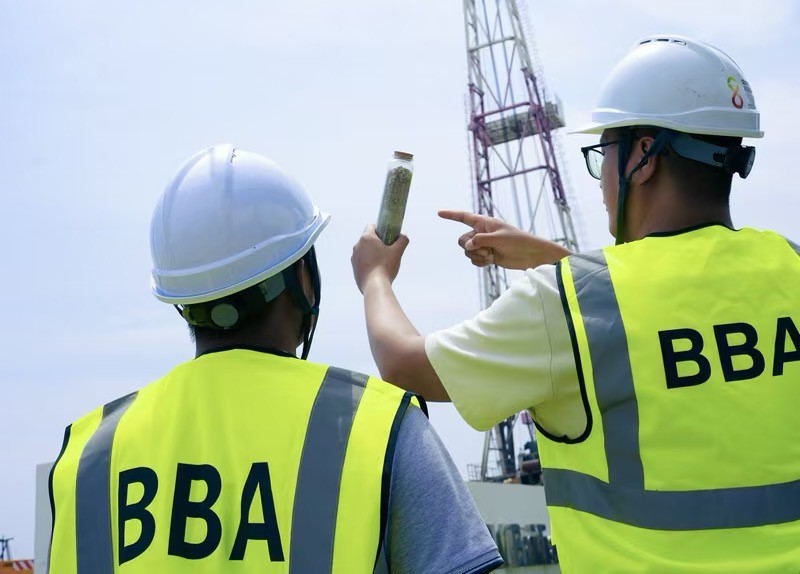BMW Brilliance focuses on sustainability in China


Sino-German joint venture BMW Brilliance is doubling down on its long-term commitment to sustainability in China, unveiling latest progress and fresh targets in its newly released 2024 sustainability report.
From electrification and renewable energy to materials innovation and cultural preservation, the company is working to redefine what a luxury carmaker can contribute to the country's green transition.
At the center of BMW's sustainability roadmap is the upcoming local production of its Neue Klasse electric vehicles, set to begin in 2026.
These next-generation EVs will mark a major technological leap for the German carmaker, delivering a 20 percent boost in vehicle efficiency, 30 percent faster charging, and 30 percent longer driving range—achievements made possible by BMW's sixth-generation eDrive technology and redesigned battery architecture.
But the company's ambitions extend beyond the vehicles themselves. BMW has introduced new bio-based materials into its BMW X3 lineup, including components made from coffee grounds and sugarcane fiber.
It is also piloting tea leaf-derived materials for future interiors. In parallel, BMW plans to increase recycled aluminum in its wheel production to 75 percent, a move aimed at cutting emissions from raw material processing.
In Shenyang, Liaoning province, where BMW operates one of its largest production hubs, green energy and circular practices are taking shape at scale.
In 2024, the manufacturing facilities in Shenyang generated 91.86 GWh of solar power, equivalent to the electricity needs of 30,000 homes.
A geothermal heating project now under construction is expected to offset 18,000 tons of CO₂ emissions annually.
The company also reports growing use of hydrogen-powered trucks, which have so far transported over 8,600 finished vehicles.
On the water and waste front, BMW's Shenyang site has recorded a seven-year decline in per-vehicle water consumption, which now stands at just 1.57 cubic meters.
It reused 400,000 cubic meters of treated water in 2024 and has achieved zero landfill waste status.
BMW is also building sustainability into its supply chain, working with around 200 Chinese tier-one suppliers to shift production to renewable electricity—a step that has avoided roughly 1 million tons of carbon dioxide since 2019.
Meanwhile, BMW's battery recycling initiative recovered 2,100 tons of battery materials in 2024, and for the first time, repurposed retired EV batteries as energy storage units at dealerships.
In the downstream ecosystem, BMW is aiming for 100 percent green electricity at public charging stations operated by State Grid by 2027, while its joint venture charging network with Mercedes-Benz has already met this target.
Away from manufacturing, BMW's sustainability work is equally visible in social programs.
Its "China Culture Journey" has supported nearly 1,000 intangible heritage practitioners over 19 years, with a cumulative reach of more than 218 million people. Its biodiversity program, the "Beautiful Homeland Initiative", includes satellite tracking of red-crowned cranes and wetland conservation efforts.




































